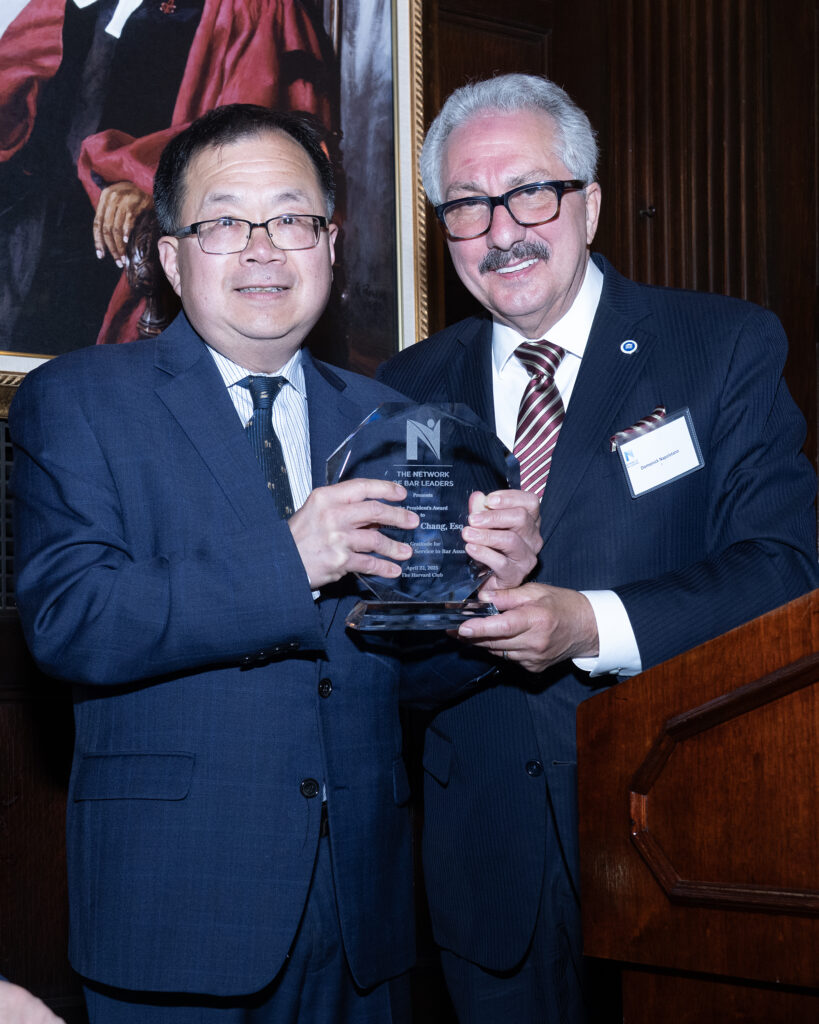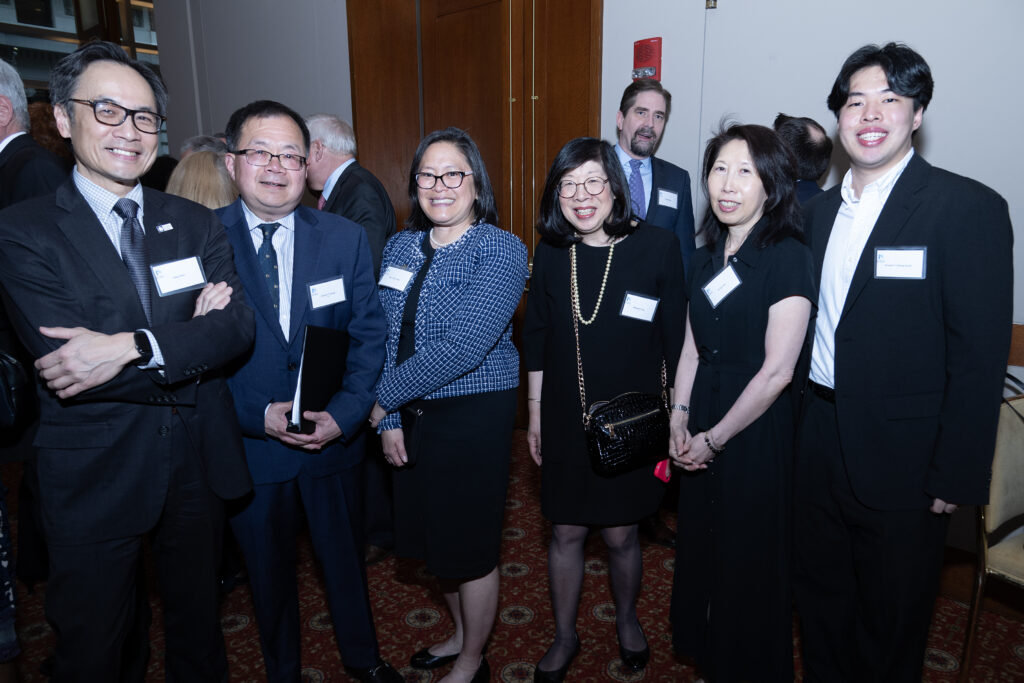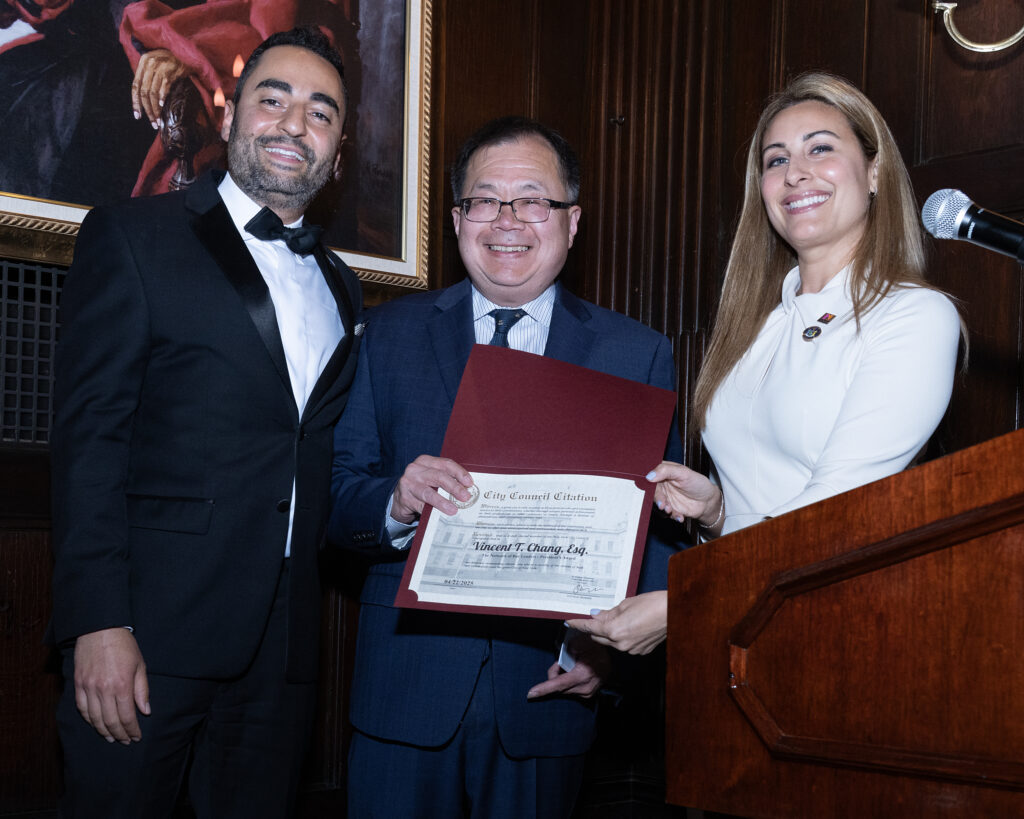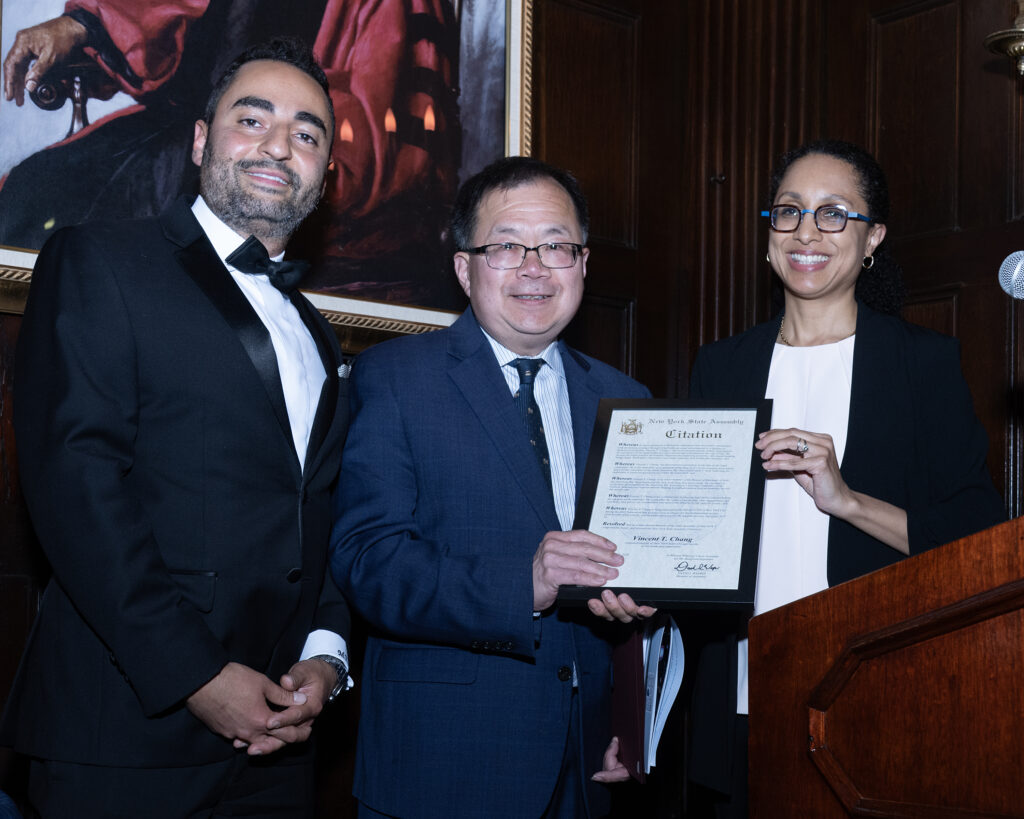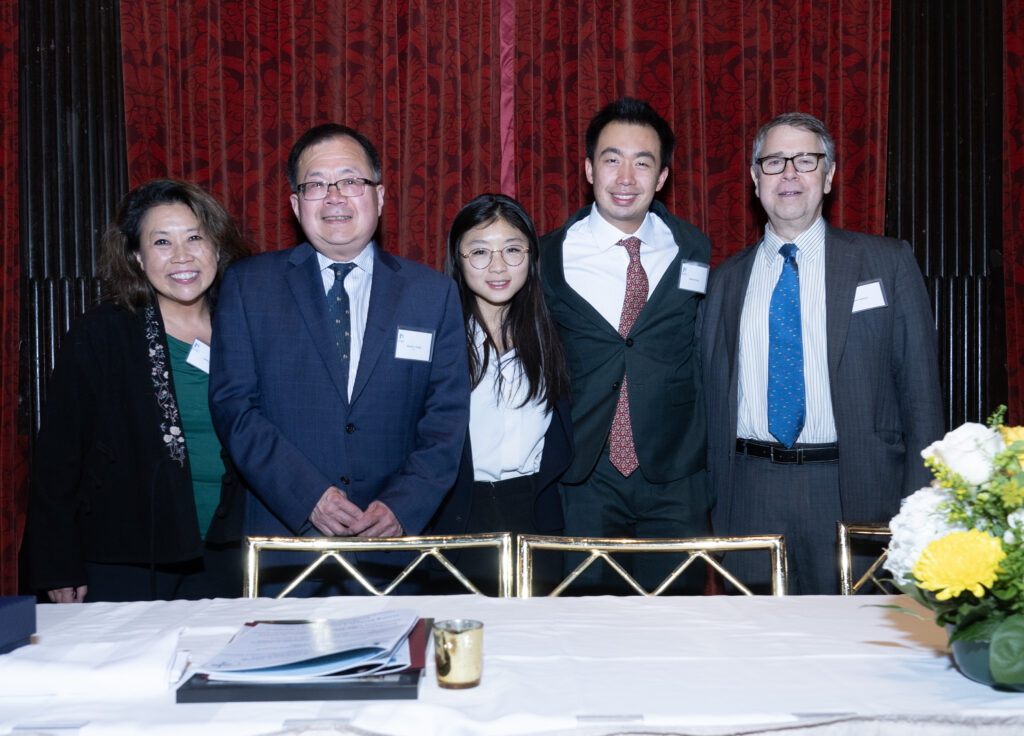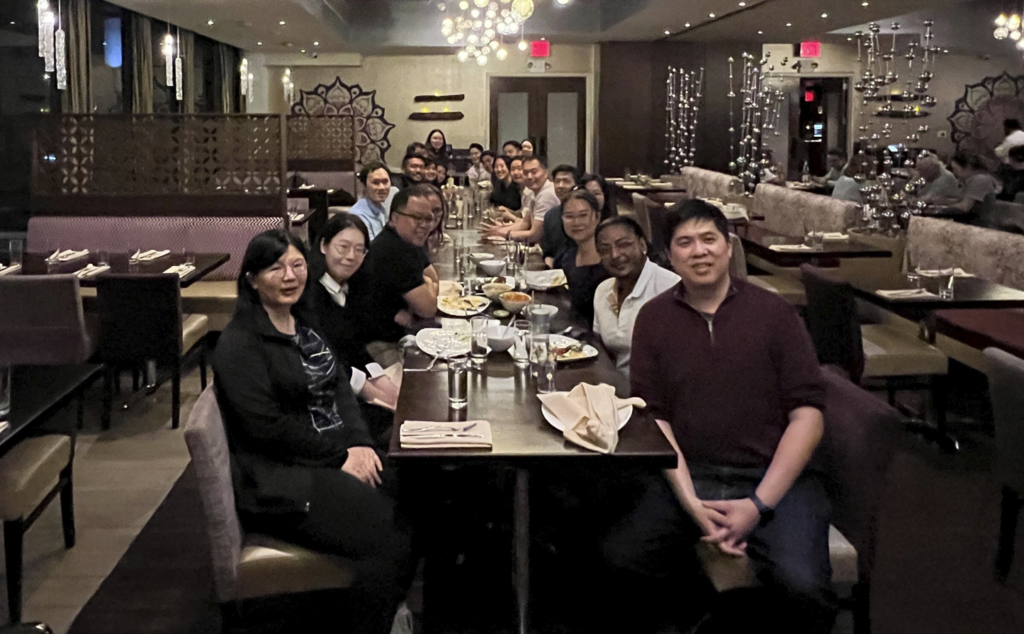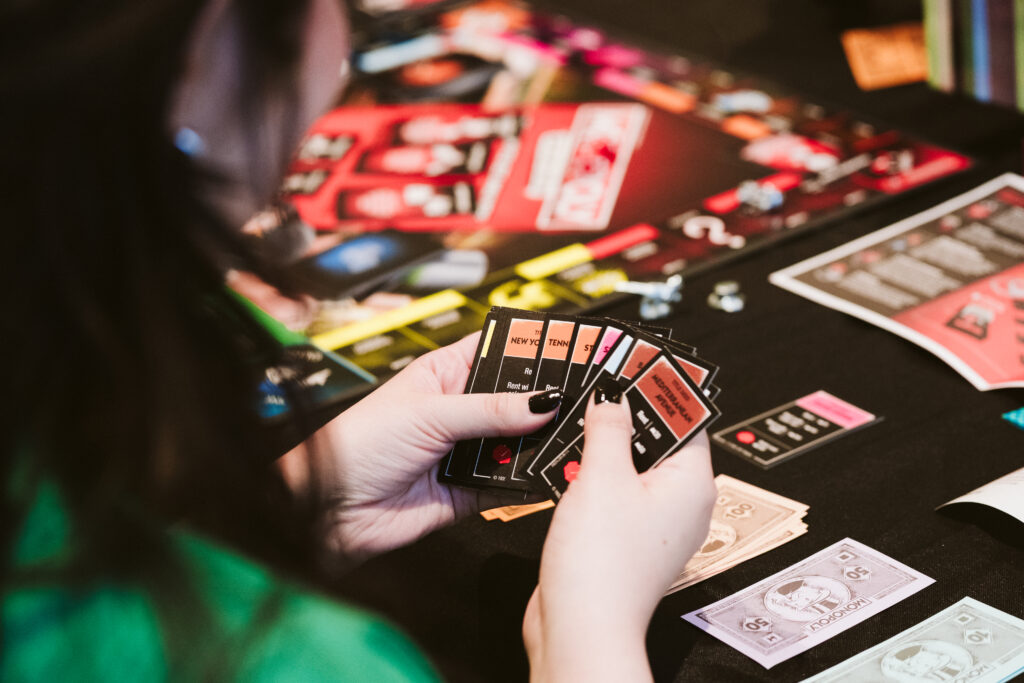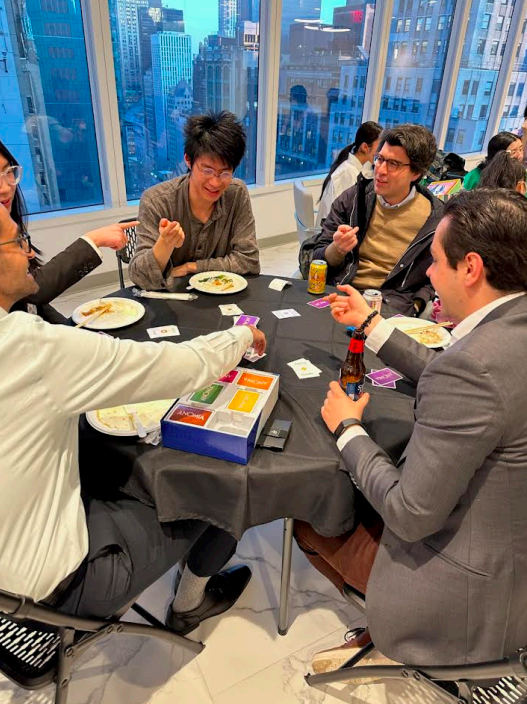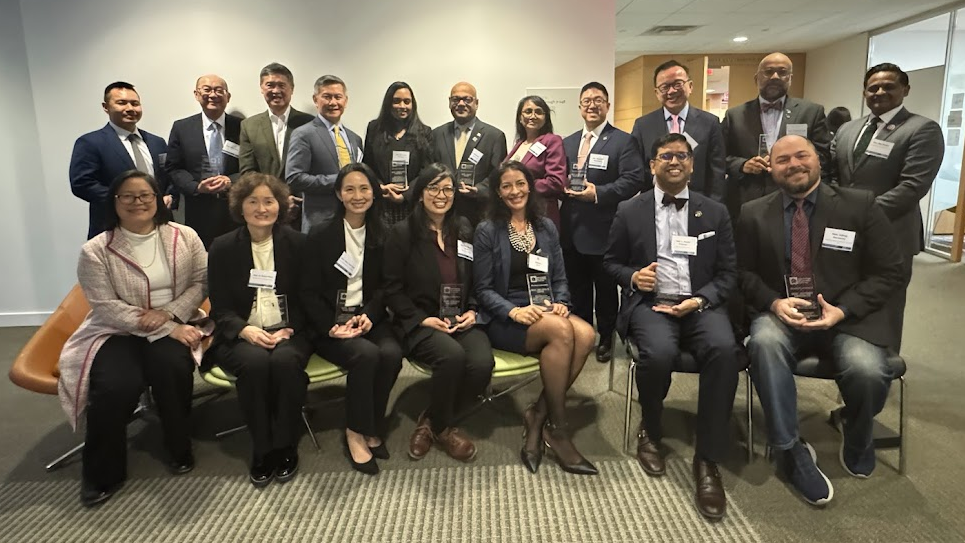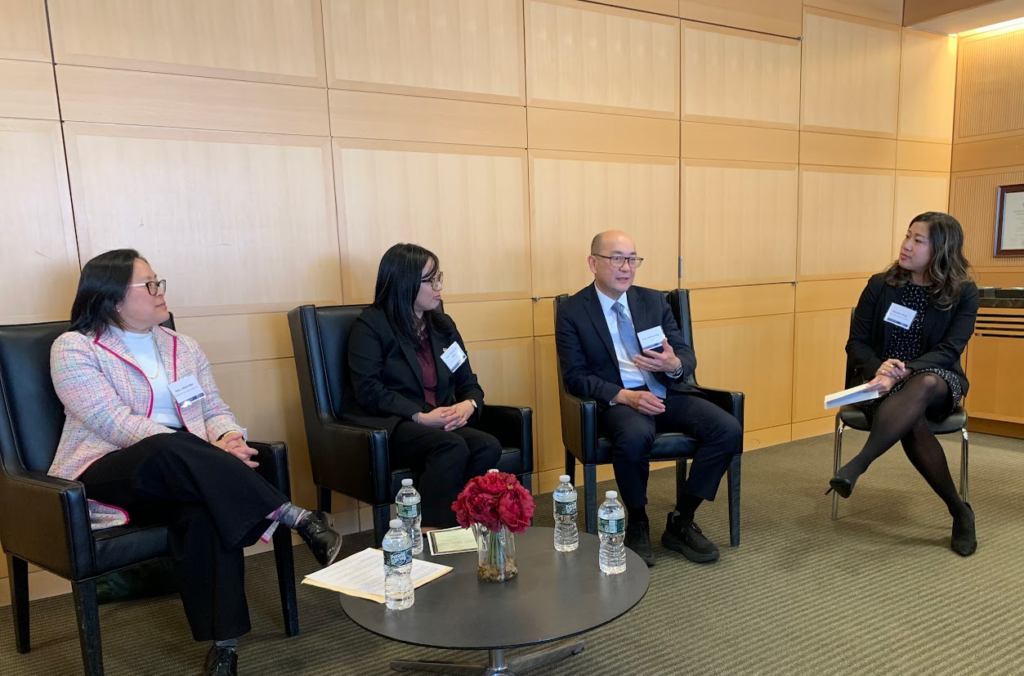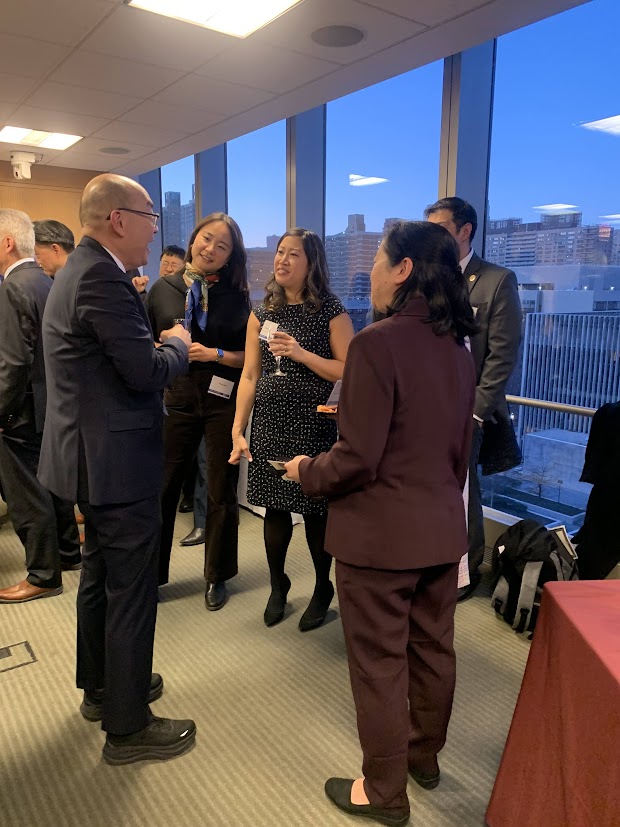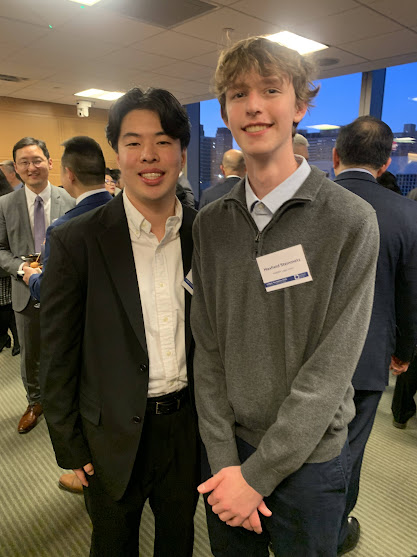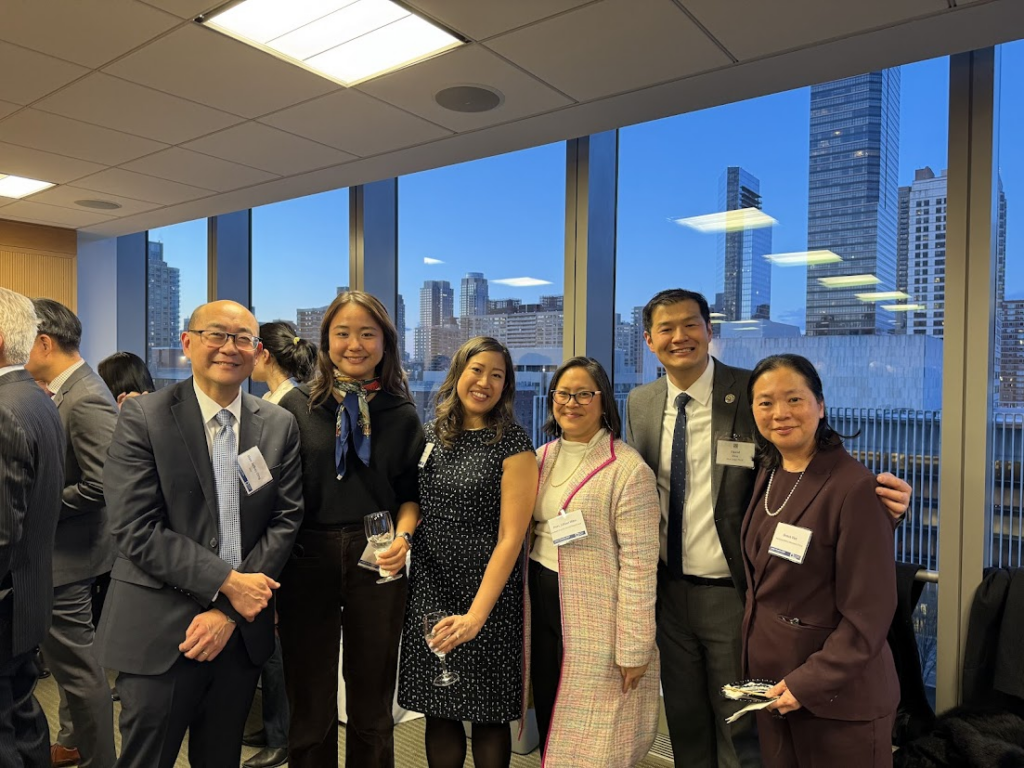For Immediate Release:
Date: April 29, 2025

WASHINGTON – The National Asian Pacific American Bar Association (NAPABA) is proud to announce that this week, the American Bar Association’s Commission on Women in the Profession has named NAPABA members Justice Maryka Omatsu and Judge Holly Fujie as recipients of the 2025 Margaret Brent Women Lawyers of Achievement Award. Each year, the Commission honors up to five outstanding women lawyers who have achieved professional excellence and paved the way for other women in the legal profession.
Justice Maryka Omatsu is an icon of the Asian Canadian bar who, in 1993, set the stage for others to follow in her footsteps as the first Canadian woman of East Asian descent to be appointed as a judge in the entire country. She began her legal career in the 1970s as a human rights and environmental rights attorney who represented First Nations communities and held numerous prestigious appointments, including as Chair of the Ontario Boards of Inquiry and later Chair of the Ontario Human Rights Appeals Tribunal.
A third generation Japanese Canadian born and raised in Hamilton, Ontario, Justice Omatsu’s parents were incarcerated by Canadian authorities during the Second World War in a manner similar to the Japanese American experience. Justice Omatsu rose to nationwide prominence as a key leader of, and counsel for, the National Association of Japanese Canadians Redress negotiating team, who helped secure an historic human rights settlement between the Canadian Government and affected Japanese Canadians for their mistreatment during the war. In early 2006, Justice Omatsu set forth a vision for a Canadian analog to NAPABA and led the creation of the Federation of Asian Canadian Lawyers (FACL). In 2013, NAPABA conferred Justice Omatsu with its Daniel K. Inouye Trailblazer Award.
“Justice Maryka Omatsu continues to inspire and open doors for women in the legal profession and to do so across the largest land border in the world–serving as a role model for lawyers in both Canada and the United States,” said NAPABA President Thy Bui. “Through her distinguished career, towering achievements, and tenacious and proactive advocacy, she has secured lasting, systemic positive change for Canadian women on the bench, in the legal profession, and beyond.”
For over four decades, Los Angeles Superior Court Judge Holly Fujie has been a strong, vocal, and effective champion for, and mentor to, countless women and minorities in the legal profession.
Judge Fujie was only the third woman and the first Asian American to serve as the President of the State Bar of California. Prior to joining the bench, she was a renowned litigator, handling complex litigation for a variety of clients, primarily in the financial services industry. Judge Fujie broke barriers as one of the first Asian American women elected to equity partnership at major Los Angeles firm at a time when there were nearly no other Asian American women attorneys becoming law firm partners in California.
She is Vice President of NAPABA’s Judicial Council and Co-Chair of the Multicultural Bar Alliance of Southern California. She serves on the Boards of the Asian Pacific American Women Lawyers Alliance, the Women Lawyers Association of Los Angeles, and the California Judges Foundation, and previously chaired Senator Dianne Feinstein’s Judicial Advisory Committee for the Central District of California. In 2010, NAPABA bestowed its Daniel K. Inouye Trailblazer Award on Judge Fujie.
Throughout her career, Judge Fujie has individually mentored numerous women seeking to join and advance in the legal profession. But she believes that it is not merely enough to give advice to mentees but to actively do all she can to help them achieve success.
“Judge Holly Fujie continues to inspire and mentor so many in the California bar and across the country,” said Priya Purandare, Executive Director of NAPABA. “Her commitment to opening doors for women in the profession is matched only by her passion and dedication on a deeply personal level to ensuring that as many can succeed as possible.”
Also receiving the Margaret Brent Women Lawyers of Achievement Award this year are:
- Anita S. Earls; Senior Associate Justice, North Carolina Supreme Court, Durham, NC
- Bridget Marsh; Executive Vice President and General Counsel, LSTA, Inc., New York, NY
- Jami Wintz McKeon; Chair, Morgan, Lewis & Bockius LLP, Philadelphia, PA
NAPABA congratulates all the recipients who will be honored during the ABA’s Annual Meeting in Toronto on August 10.
###
The National Asian Pacific American Bar Association (NAPABA) represents the interests of over 80,000 Asian Pacific American (APA) legal professionals and nearly 90 national, state, and local APA bar associations. NAPABA is a leader in addressing civil rights issues confronting Asian American, Native Hawaiian, and Pacific Islander communities. Through its national network, NAPABA provides a strong voice for increased diversity of the federal and state judiciaries, advocates for equal opportunity in the workplace, works to eliminate hate crimes and anti-immigrant sentiment, and promotes the professional development of people of all backgrounds in the legal profession.


